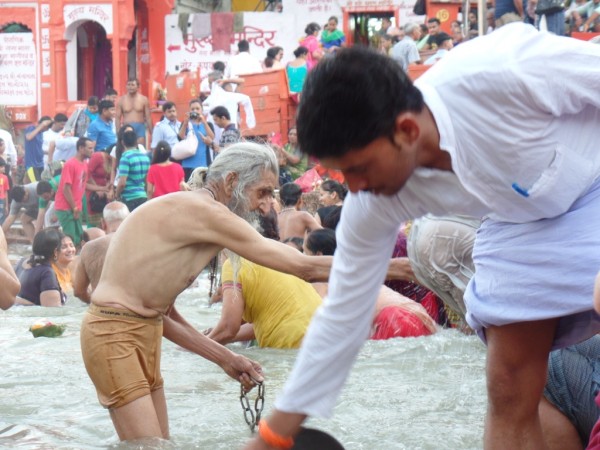Detailed course information about International Community Development Field School (INTS 3330) and Intercultural Communication (COMM 3501) will be provided in advance of Block Week 1.
Some notes about both courses:
Comm 3501: Intercultural Communications
Course Description: Intercultural Communication examines communication among individuals of different cultural backgrounds, including the study of similarities and differences across cultures. The course will introduce students to key intercultural communication topics: communication and culture, linguistic differences, ecological influences on culture, the dimensions of cultural difference, stereotyping, and intercultural encounters, culture shock and adaptation.
Course Rationale: The Spring 2024 offering of this course is tied to student participation in the classroom prior to departure, during the field school in India, in the classroom after our return, and the public showcase. The schedule for Block Week 1 (prior), Block Week 2 (after), and the public showcase are located here.
The professors involved will be working together and across course lines to prepare for the field school and provide support as your develop and complete your projects.
COMM 3501 will serve as well as an introduction to the field of intercultural communication by considering the practical application of theory and research. Communication is the basis of cross-cultural interactions and therefore an appreciation of the impact of culture and diversity on communication processes is an important skill, particularly in the context of visiting a country much different than one’s own.
For this course, you will be asked to explore your biases, prejudices, anxieties, hopes, etc., in being introduced to what for many of you will be a new culture.
Course Goals:
To introduce students to the nature and context of communication across cultures
To enhance the student’s own ability to take part in intercultural settings
Course Topics: We’ll consider three significant topics in intercultural communication, touching on them before the India component of the field school, and addressing them more fully when we reconvene on campus in June. The topics are:
Culture and communication
High and low context cultures
Cultural competency
Course-Learning Outcomes:
Develop an understanding of the intercultural communication process
Develop a greater awareness of one’s own culture and communication styles
Enhance appreciation of the diverse ways of communicating in different cultures
Hone analytical skills in examining intercultural interactions
Increase understanding of cultural issues that influence communication effectiveness
Ints3330: Community Development Field School
Course Description: This interdisciplinary course will provide students with the opportunity to apply community development theories and principles to their learning experiences in diverse community settings. This course combines discussion of current theory with an experiential field study component. Students will collaborate with community members in completion of a course project. Please note that additional fees (travel, program fees etc.) will apply outside of the standard tuition. While there are prerequisites, the programs will consider granting prerequisite exceptions.
Situating this course in a community-centred context: Whether you come to this course a student in social work, education, child and youth studies, or journalism, it’s important to ground the course in terms of preparation for entry into professional life. The mission is to enhance well-being and help people meet basic human needs and reach their potential. We believe that in all the learning experiences offered to students in the 2024 India Field School, that students should have the opportunities to learn, and to be assessed for their knowledge, skills and professional behaviours.
Professional Presentation of Self is the demonstration that a person has the necessary attitude, values, knowledge, skills and integrity to work as a professional. As such, we borrow from the Social Work discipline in identifying a set of behaviours that are required of students at all times in all classes. These behaviours are the ones that are required in professional settings in Social Work, but also in many related professions.
Faculty will utilize these expectations when assessing all students, who will be expected to:
Participate in class discussions
Ask questions and share opinions
Be curious
Complete work on time
Attend classes
Be punctual
Be attentive
Be respectful to other students, our hosts, our partners
Be respectful to instructors
Be non-judgmental of other opinions and ideas
Ensure confidentiality
Demonstrate commitment to the learning process
Adhere to your profession’s Code of Ethics
Ask for help when needed
Offer help when possible
Keep an open mind to new or different ideas and experiences
To work as team members
Present self in a professional manner
Utilize feedback to improve skill and knowledge of development
Course Goals:
Upon completion of this course, students will be able to:
Explain and examine issues in international community development from a global perspective (Social Work Program outcomes #1 and #3)
Demonstrate an evolving awareness of the interplay between local and global contexts of Social Work (Social Work Program outcomes #1,#2, #3 and #5)
Understand the role of reciprocity in co-developing projects with community partners
NOTE: COMM 3501 is in tier 3, cluster 4. COMM 3501 can satisfy a core course requirement for journalism degree students and can replace COMM 2680 in the Information Design program core and PUBR 4847 in Public Relations.


